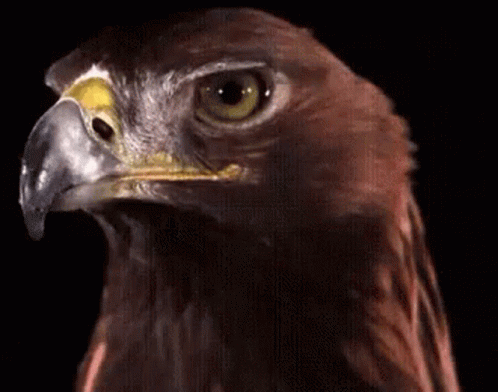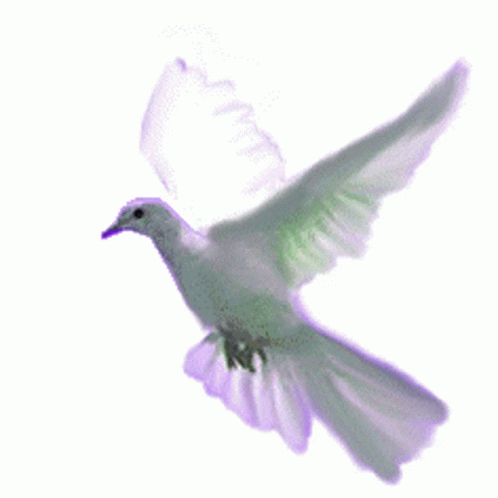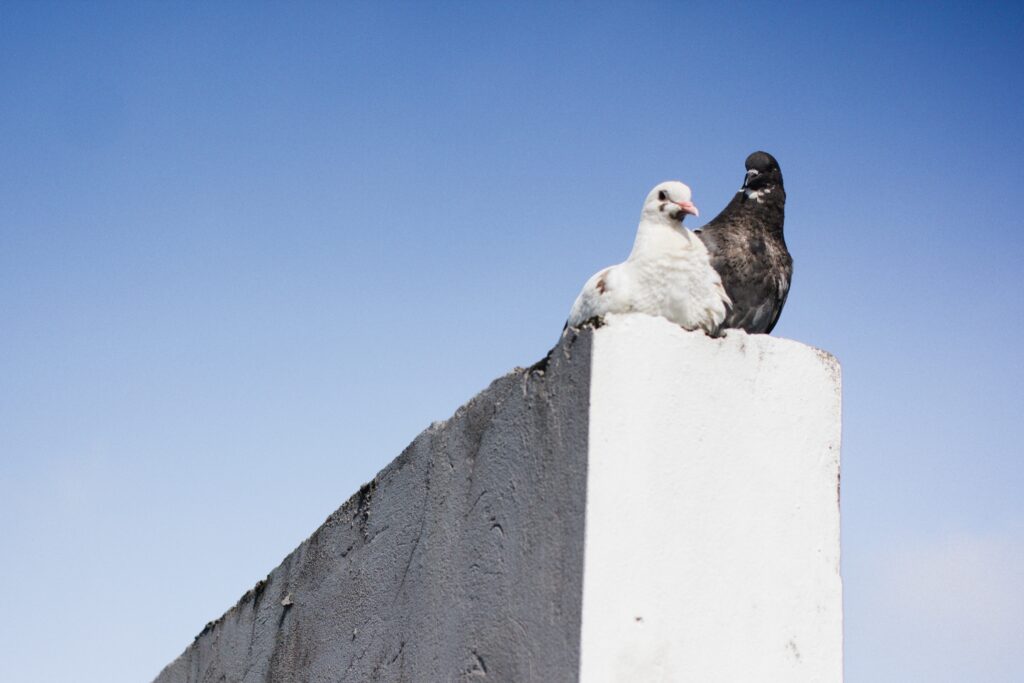

Hello everyone! Are You A Hawk Or A Dove? May I inquire whether you align with the ideology of a hawk or that of a dove? Has this contemplation ever crossed your intellectual capacity? In order to assist you in determining your stance, we have fashioned a series of 20 interrogatories that will allow for a swift and efficacious interpretation. Upon completion, expeditious resultant data shall be at your immediate disposal.
The ideological divide between individuals or nations in competition for a finite resource is encapsulated within the game theory constructs of hawks and doves. This seminal theoretical framework was originally conceived by biologist John Maynard Smith in his influential 1976 paper, “The Evolution of Behavior,” which has since become a widely accepted analytical model for exploring cooperation and conflict dynamics across different domains.
Would you like to do the next bird test? We invite you to do the DOPE Test! Answer all of the questions and check if you’re a Dove, Owl, Peacock, or Eagle!
At its nucleus, the Hawks and Doves model is anchored on the notion that individuals are mandated to elect between two tactics when engaging with other entities: they can either be assertive (hawks) or placid (doves). The hawks are those who exhibit an elevated readiness to combat for their coveted resource, even if it entails placing themselves in harm’s way.
Meanwhile, the doves adopt a more prudent approach and strive to circumvent any altercation altogether by opting to diplomatically negotiate or alternatively opt for equitable shared distribution of resources without unnecessary fuss.
The paradigm postulates that in the act of conflict, a price is attached to instigating aggression, such as physical trauma or fatality, and all individuals involved share equitably in this penalty. Consequently, if two pugnacious entities were to cross paths, the probability of sustaining wounds or perishing increases. Furthermore, should an antagonistic hawk chance upon a timorous dove in competition for resources, prevailing without much opposition typically falls within the formidable bird’s grasp.
The Hawks and Doves model posits that the outcome of a conflict is determined by the proportion of said species in a given population. In situations where there is an abundance of hawks, conflicts are apt to transpire into escalated physical altercations, inevitably imposing greater costs on all those involved.
Conversely, if doves greatly outnumber hawks, conflicts will water down and may not even manifest themselves beyond triviality; although this should not perilously impel an unscrupulous few among the hawk populace to exploit their more pacifistic counterparts.
Do you want to find your Spirit Animal? Take our Spirit Animal Quiz and answer all of the questions to get your results right now!
The Hawks and Doves model, a versatile concept with far-reaching applications in various fields from animal ethology to global politics, features prominently as an analytical framework. For instance, experts have leveraged this paradigm to investigate the intricacies of violence escalation in non-human creatures, intricate mechanisms leading to social amity in contemporary online communities, and multifarious power-related complexities characterizing inter-state disputes.

One of the quintessential revelations encapsulated by the Hawks and Doves theoretical framework posits that there is no conventional or universally applicable ploy, tactic, or strategy that reigns supreme at all times. The idiosyncratic situation, circumstance, milieu and collective pursuits of people involved in varying contexts supersede any formulaic blueprint for success.
For instance, if a preponderance of individuals within an assemblage is inclined towards displaying hawk-like tendencies when dealing with others, it would behoove an individual to likewise indulge such behavior to give themselves an edge and avoid becoming cozened. Conversely, if most members are conditioned towards adopting a more conciliatory dove-like demeanor instead of aggression in interactions, then espousing this same amenable stance becomes optimal to circumvent unnecessary friction and discord.
Have you ever asked yourself Could I Be a Model? Today you can find out! Answer all the questions and get your results.
One of the preeminent utilizations of the hawks and doves model lies in its application within the realm of animal behavior. This particular stratagem has been effectively utilized as a means to scrutinize aggression evolution in various creatures, including avian and primate species.
For instance, it has been elucidated that several bird types frequently exhibit male counterparts performing belligerent actions for territorial defense and courtship acquisition purposes while not paying a considerable price with detrimental wounds or even fatality ensuing. Ergo, making an informed decision regarding adopting such aggressive conduct remains contingent upon meticulously weighing its costs against benefits.
Inclusive of the scrutiny of fauna conduct, researchers have employed the hawks and doves model to investigate the rise of cordiality in social networks. Corroborated by findings, individuals are prone to embrace cooperative approaches when involved in recurrent interactions with others.
This can be accredited to these frequent interactions affording individuals an opportunity to cultivate trust as well as establish a commendable reputation for being cooperative. Consequently, embracing cooperative tactics is seen as more efficacious for promoting long-term gains such as heightening productivity and improving communal well-being.
Have you ever thought Should I Go Vegetarian? Thanks to our test you can find out! Analyze all the factors and get your results!
Conversely, in the event that both sovereign states were to adopt a pacifist position, they would reap the mutual rewards of military budget curtailment and greater harmony. Alas, should one of these nations adopt an aggressive stance whilst the other pursues a peaceable path, it will ultimately result in asymmetrical gains for hawkish players at the cost of their dovish counterparts.
Critics have taken issue with the Hawks and Doves model on account of its implied, yet unrealistic assumption that individuals possess comprehensive information concerning their counterparts’ behavioral patterns, enabling them to make exact predictions.
Regrettably, practical environments consist of situations in which such complete access to pertinent data constitutes a rarity; thus leading decision-makers to rely on incomplete or erroneous information as grounds for judgment. The potential resultant is suboptimal outcomes stemming from flawed assumptions resulting in the adoption of an inappropriate strategy by individuals acting under false pretenses.
Whether one delves into the intricacies of animal behavioral patterns, explores the dynamics of social networks, or undertakes an analysis of international relations, the Hawks and Doves model presents an invaluable framework to ascertain and apprehend diverse strategies utilized by individuals in order to overcome conflicts and ultimately triumph over their objectives.
Are You A Dove Or A Hawk? Want to take another test? We’ve got you! Click the link and take this quiz to get your results!
As a culminating remark, the hawkish and dovish paradigm conveys an efficacious construct for scrutinizing conflict and alliance within a broad scope of realms. By assimilating the dichotomy that ensues between belligerent behavior patterns and propitious collaboration, academics can discern invaluable insights into behavioral progressions as well as social interaction dynamics.
Whether one’s field encompasses zoological conduct or the geopolitical arena, this particular framework furnishes an indispensable utility in comprehending individualistic approaches towards surmounting impediments whilst attaining desired objectives.
Have you ever wondered about your inclinations towards being more dovish or hawkish in your approach to contentious matters? Unearthing such a proclivity within oneself could prove valuable, and our tailored quiz can assist with that feat!
With twenty intricately devised queries, discerning one’s stance on this subject matter has never been more accessible nor effortless. Your answers will be promptly rendered into results for immediate consideration.